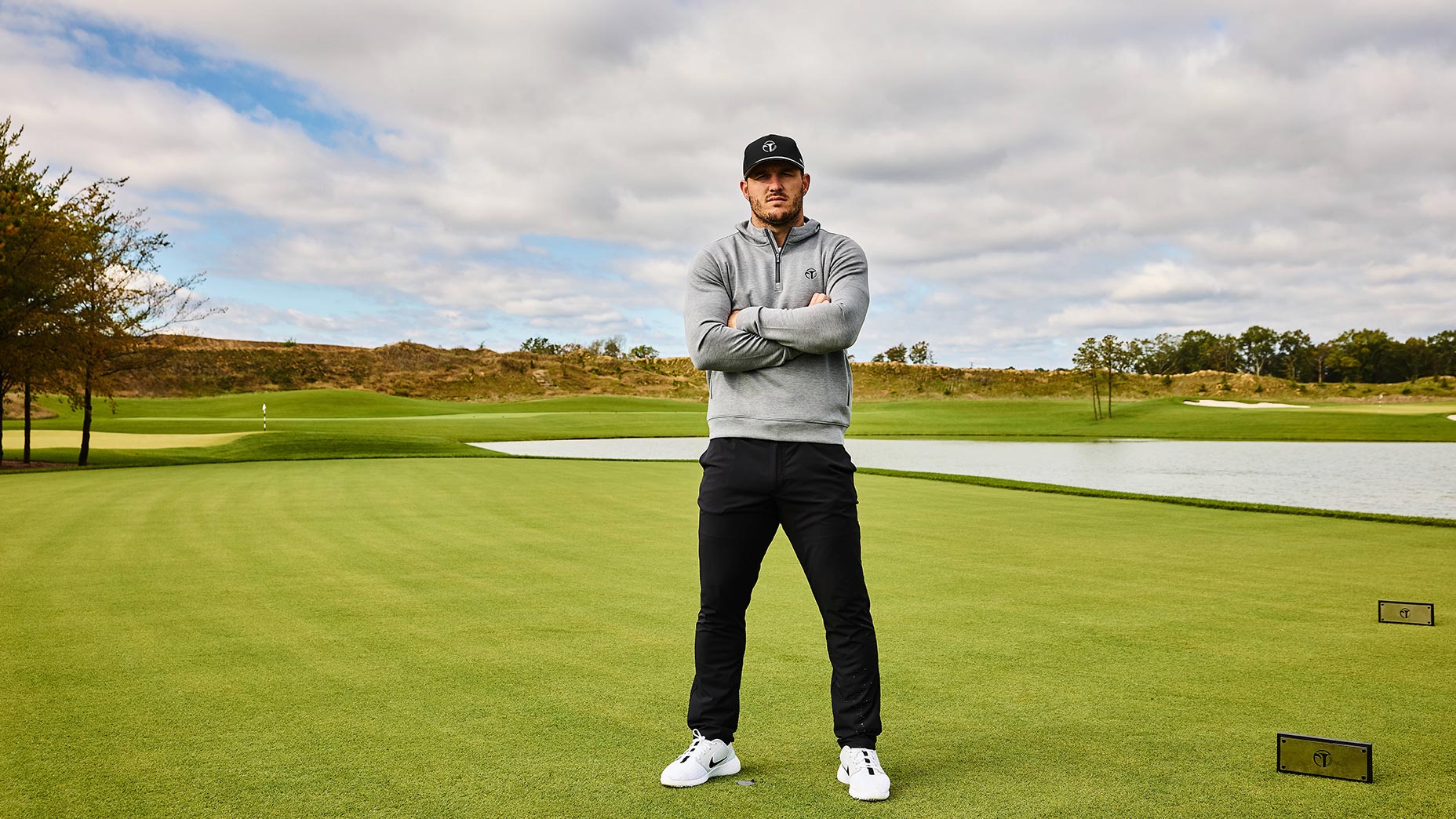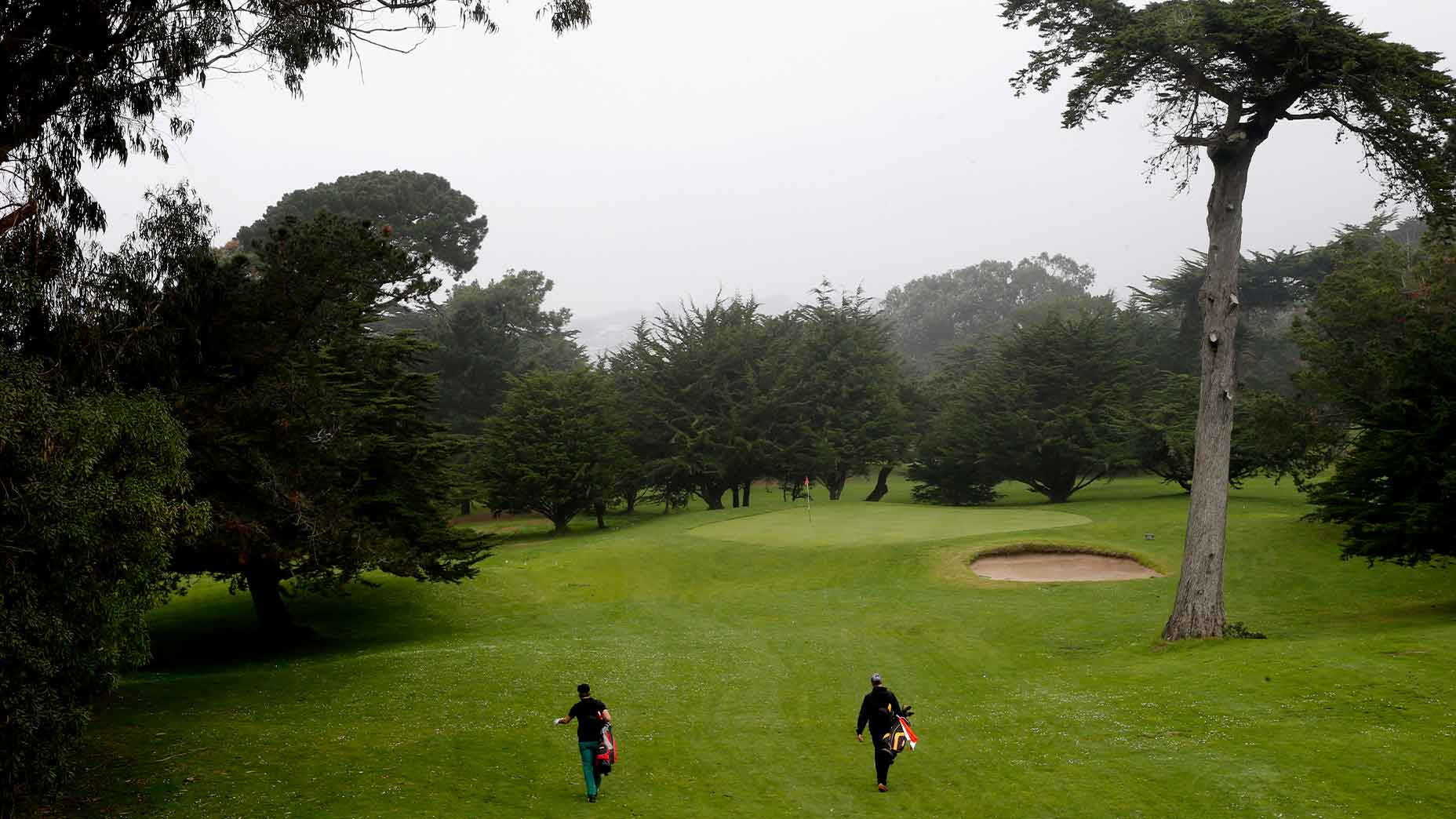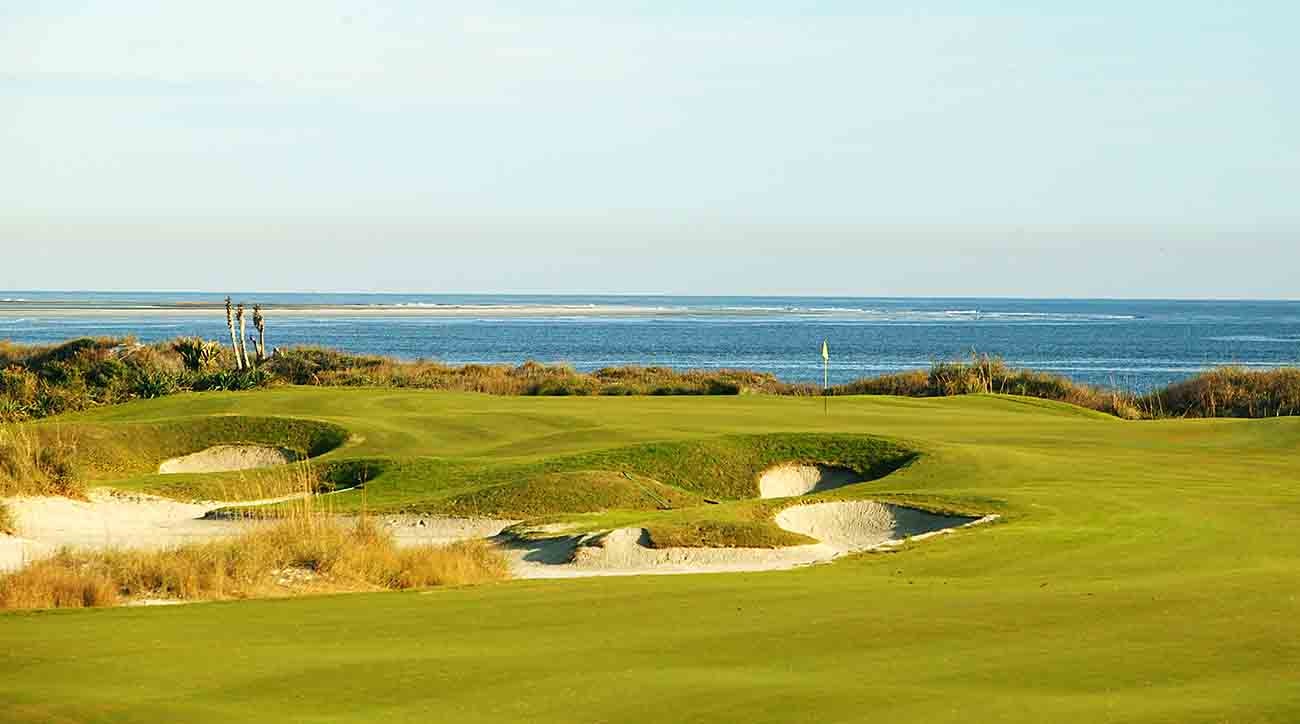The Ryder Cup has never been an event that players have played to earn a paycheck. For decades, there wasn’t much money to spread around, anyway: the Ryder Cup wasn’t even profitable. But once TV rights came into play in the late 1970s, it became possible for the organizations in charge to make money running the event. In 2018, Le Golf National plays host to the latest edition of the Cup, and there’s plenty on the line.
A history of Ryder Cup pay
While there has never been traditional prize money associated with the Ryder Cup, players have received some form of compensation since its origin in the 1920s. For the inaugural match at Brookline in 1927, British players received money for travel and a “kit allowance” to pay for proper outfits. The money involved has grown since the British side split a reported 906 euros in 1927, however.
Profit structure
When the Ryder Cup takes place in the United States, the PGA of America owns the rights to the product. They also split profits with the European Tour. The PGA of America takes the profits at a 5:1 ratio when the event is hosted in the U.S. When the event is hosted in Europe, as is the case at the 2018 Ryder Cup at Le Golf National outside of Paris, the European tour claims 60 percent of the profits.
 You may also like
Where and how to watch the Ryder Cup on Sunday
You may also like
Where and how to watch the Ryder Cup on Sunday

How much money do American players make?
Golfers who are selected for the U.S. Ryder Cup team do not earn prize money at this event the way they would at other tournaments. But that doesn’t mean there’s no money involved. The PGA of America splits profits with the players, with $200,000 reportedly given to charity in each American player’s name. That money is split evenly between educational charities and charities of a player’s choosing.
Players used to receive no financial incentive to appear but made it an issue after the 1999 Ryder Cup at Brookline.
How much money do European players make?
European Ryder Cuppers receive no prize money but traditionally receive gifts from their captains that are paid for from the Ryder Cup pool. Tony Jacklin began the tradition when he was a captain and it has continued ever since.







